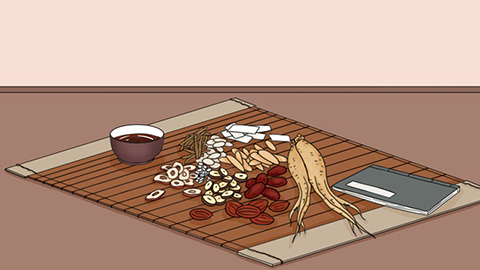Can I eat lychee when taking traditional Chinese medicine?
If the consumed traditional Chinese medicine (TCM) belongs to the warming and nourishing category or does not conflict with lychee in terms of properties and flavor, moderate consumption of lychee may be acceptable. However, if the TCM being taken is primarily for clearing heat and relieving fire symptoms or detoxification, or if there might be adverse interactions between the herbal ingredients and lychee, it is not advisable to consume lychee. Detailed explanations are as follows:

When taking warming and nourishing TCMs that regulate qi and blood, moderate lychee consumption is acceptable. Lychee has a warm nature and is rich in nutrients such as glucose and vitamins. If you are taking warming herbs such as ginseng or astragalus, moderate lychee consumption may help enhance the therapeutic effect and provide energy to the body, especially suitable for individuals with cold body constitution or qi and blood deficiency.
If the TCM being taken primarily clears heat, detoxifies, or removes dampness, or if there are specific herbal contraindications, lychee should be avoided. Due to its warm nature, lychee contradicts the cooling properties of herbs such as coptis and honeysuckle. Consuming lychee together with these herbs may reduce the therapeutic effect and potentially exacerbate internal heat, worsening symptoms such as heatiness. Additionally, certain herbal ingredients may interact with bioactive substances in lychee, affecting drug absorption or causing discomfort.
When considering lychee consumption during TCM treatment, it is necessary to consult the prescribing TCM practitioner in detail to confirm whether there are any incompatibilities or contraindications between the herbs and lychee. If symptoms such as dry mouth or sore throat occur, consumption should be stopped immediately, and a follow-up visit should be arranged for medication adjustment.







